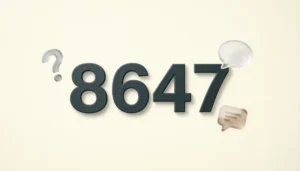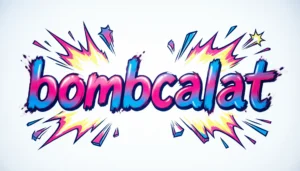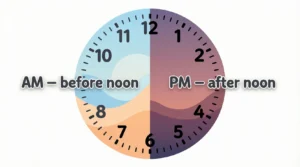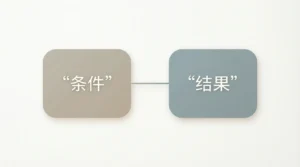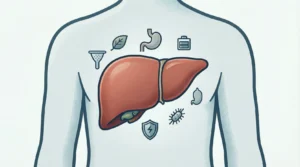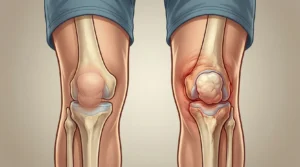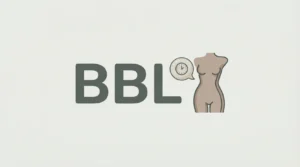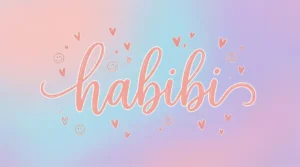In the world of business communication, clarity and professionalism are key. When someone shares information, feedback, or instructions, acknowledging it appropriately is essential. While “noted” is a common response, exploring alternative phrases can enhance your professional tone and show your engagement in the conversation.
“Looking for professional alternatives to saying ‘Noted’ in emails? Explore these polished and effective phrases to enhance your communication style!”
In this article, we’ll delve into the best ways to say ‘noted’ professionally in email. Each suggestion comes with a brief scenario, example response, and its impact on the recipient.
1. Acknowledged
Scenario: A colleague sends a project update.
Example: “Thank you for the update. Acknowledged, and I will proceed accordingly.”
Impact: This response shows you value their input and will act on the information provided.
2. Understood
Scenario: Your manager provides feedback on your presentation.
Example: “Thank you for your feedback. Understood, and I will make the necessary adjustments.”
Impact: This response confirms your comprehension and willingness to improve.
3. Received
Scenario: A client sends over a proposal.
Example: “I received the proposal. Thank you for sharing it with me.”
Impact: This simple acknowledgment confirms receipt and appreciation.
4. Got it
Scenario: A teammate shares a deadline reminder.
Example: “Got it! I will ensure everything is completed by the deadline.”
Impact: This casual yet professional response shows attentiveness and readiness to act.
5. Appreciated
Scenario: A coworker sends a detailed report.
Example: “Thank you for the report. Your efforts are appreciated, and I will review it shortly.”
Impact: This response not only acknowledges receipt but also values the effort put into the work.
6. Thank you for the update
Scenario: A supervisor provides changes to a project plan.
Example: “Thank you for the update. I will incorporate these changes moving forward.”
Impact: This conveys gratitude and confirms your intent to follow through.
7. I will take note of that
Scenario: A team member shares important insights during a meeting.
Example: “I will take note of that. Thank you for your input.”
Impact: This response reflects your attentiveness and shows you value their contribution.
8. Thank you for your input
Scenario: A client gives feedback on your draft.
Example: “Thank you for your input. I will make the necessary revisions.”
Impact: This acknowledges their feedback and reinforces your commitment to improvement.
9. Confirmed
Scenario: A project manager shares the new timeline.
Example: “Confirmed. I will adjust my schedule accordingly.”
Impact: This response is clear and professional, showing that you are on top of the changes.
10. Duly noted
Scenario: A colleague sends a reminder about an upcoming meeting.
Example: “Duly noted. I will be there on time.”
Impact: This formal acknowledgment conveys respect for the information shared.
11. Thank you for bringing this to my attention
Scenario: Someone points out a potential issue with a project.
Example: “Thank you for bringing this to my attention. I will address it promptly.”
Impact: This response shows appreciation for their vigilance and confirms your commitment to resolving issues.
12. I appreciate the clarification
Scenario: A team member clarifies their role in a project.
Example: “I appreciate the clarification. It helps me understand how we can work together.”
Impact: This fosters collaboration and shows you value effective communication.
13. Acknowledging receipt
Scenario: A client sends a signed contract.
Example: “Acknowledging receipt of the signed contract. We can proceed as planned.”
Impact: This response is formal and confirms that you are ready to move forward.
14. Thank you for the reminder
Scenario: A colleague reminds you of a deadline.
Example: “Thank you for the reminder. I will ensure everything is completed on time.”
Impact: This shows that you are proactive and value their reminders.
15. I will keep this in mind
Scenario: A mentor shares advice about career growth.
Example: “I will keep this in mind as I continue to develop my skills. Thank you!”
Impact: This response indicates you value their insights and will take them to heart.
16. I have noted your concerns
Scenario: A client raises issues with your service.
Example: “I have noted your concerns and will work on addressing them immediately.”
Impact: This shows empathy and commitment to resolving any issues.
17. Acknowledging your comments
Scenario: Someone provides feedback on a presentation.
Example: “Acknowledging your comments. I will revise the presentation accordingly.”
Impact: This reflects your willingness to adapt and improve based on their feedback.
18. I appreciate your insights
Scenario: A team member shares new ideas during a brainstorming session.
Example: “I appreciate your insights and will consider them as we move forward.”
Impact: This encourages open communication and values contributions from all team members.
FAQs
What are some professional alternatives to saying “Noted” in an email?
- Polished phrases to acknowledge information formally.
How can I acknowledge receipt of information without using “Noted”?
- Examples of professional language for email correspondence.
What’s the difference between “Noted” and more detailed acknowledgments?
- Insights into varying levels of formality and clarity.
When is it appropriate to use “Noted” in an email?
- Guidelines on when this phrase is suitable or too abrupt.
What are some polite ways to confirm understanding in professional emails?
- Alternatives like “Understood,” “Got it,” or “I’ll take note of this.”
How do I phrase “Noted” for more collaborative conversations?
- Suggestions like “Thanks for the update; I’ll proceed accordingly.”
Can I replace “Noted” with something more personalized?
- Tips for tailoring acknowledgments to specific situations.
Why is it important to use alternatives to “Noted” in emails?
- Explains how different language choices can improve tone and professionalism.
What are some examples of “Noted” alternatives for managerial communication?
- Suitable phrases for responding to team updates.
How can I make email acknowledgments more engaging and polite?
- Practical advice on enhancing professional tone.

Welcome to ReplyResponses.com, your go-to hub for quick, witty, and clever replies for every situation! Whether you’re looking to spice up your chats, craft the perfect comeback, or make your messages stand out, we’ve got you covered. From funny one-liners to smart responses, our platform helps you communicate with confidence and flair. Get ready to never run out of words again—because every conversation deserves the perfect reply!


